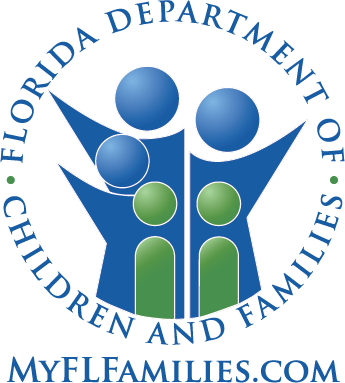Post-Traumatic Stress Disorder (PTSD) is a mental health condition that can occur after experiencing or witnessing a traumatic event. It can cause intense, disturbing thoughts and feelings related to the traumatic event long after it has occurred. But does PTSD go away? How long does it take to heal from the symptoms of post traumatic stress disorder?
Does PTSD Go Away On Its Own?
According to experts, PTSD does not typically go away on its own. However, with the right treatment and support, the symptoms can be effectively managed and reduced. This means that while PTSD may not completely disappear, individuals can lead fulfilling lives despite the condition.
How Long Does PTSD Take to Heal?
The duration of PTSD varies from person to person. Some people may recover within six months, while others may experience symptoms for much longer. Factors such as the severity of the trauma, the individual’s resilience, the presence of other mental health conditions, and access to support and treatment can all influence the course of PTSD.
Can PTSD Go Away With Treatment?
Yes, the symptoms of PTSD can significantly reduce with the right combination of therapies and medications. Evidence-based therapies such as cognitive-behavioral therapy or eye movement desensitization and reprocessing have proven effective in treating PTSD. In some cases, medications such as antidepressants, anti-anxiety medications, or mood stabilizers may be used as part of the treatment plan.
The Role of Support Groups in PTSD Recovery
Joining a support group can provide validation, understanding, and coping strategies for individuals with PTSD. Connecting with others who have experienced similar traumas can be instrumental in finding hope, healing, and ways to manage symptoms effectively. Read more about the power of support groups in PTSD recovery.
Holistic Approaches to Managing PTSD
Incorporating complementary approaches like mindfulness, yoga, acupuncture, or art therapy can assist individuals in managing PTSD symptoms. While these techniques might not eliminate the condition, they can promote self-care, stress reduction, and overall well-being.
According to a research by National Center for PTSD; while some people may experience a natural recovery from PTSD symptoms within the first few weeks or months after a traumatic event, others may continue to struggle with symptoms for many years, especially if left untreated.




